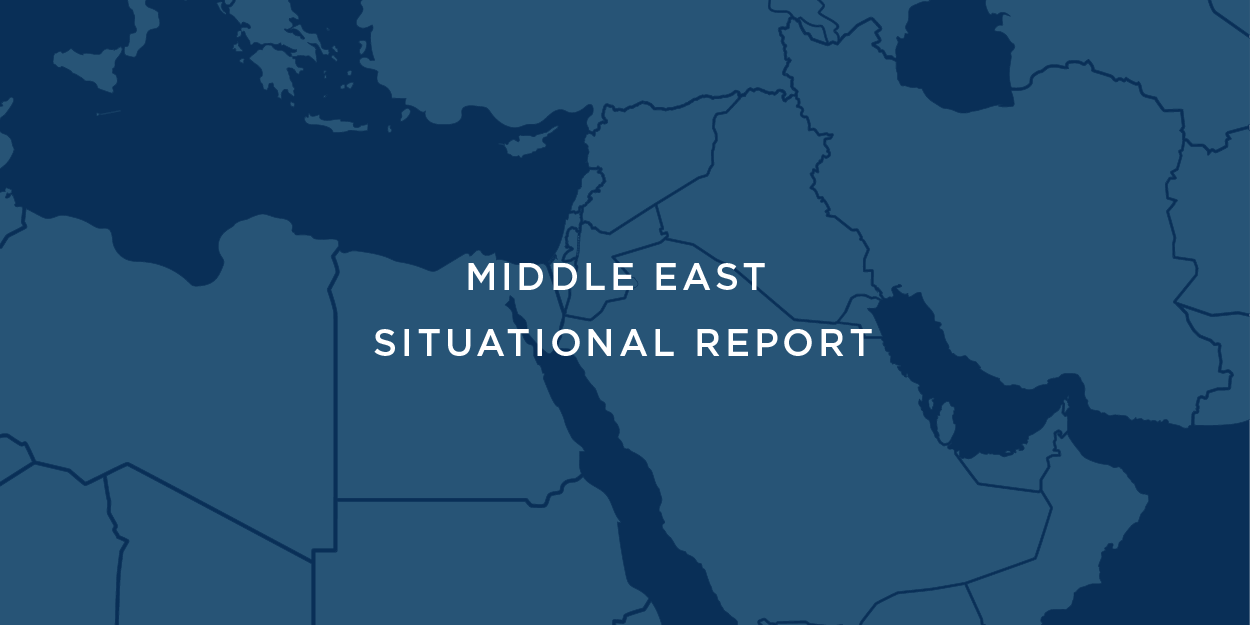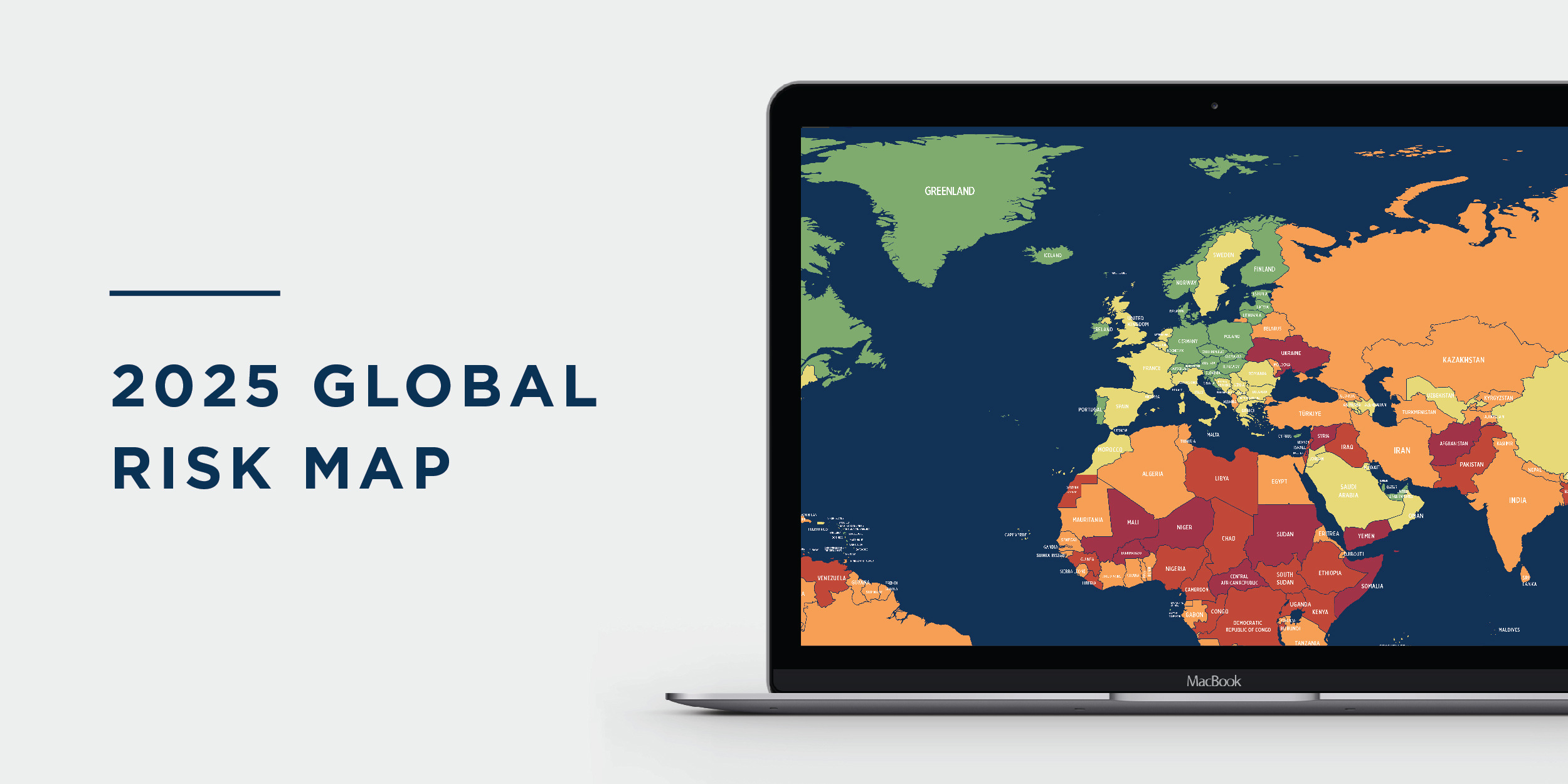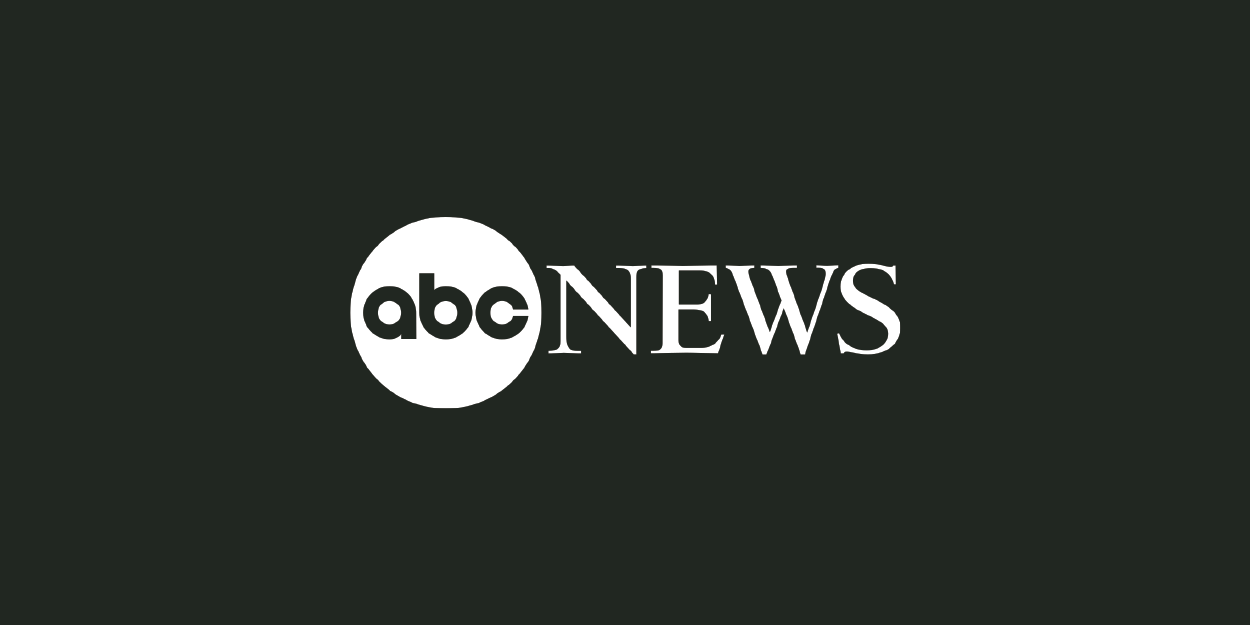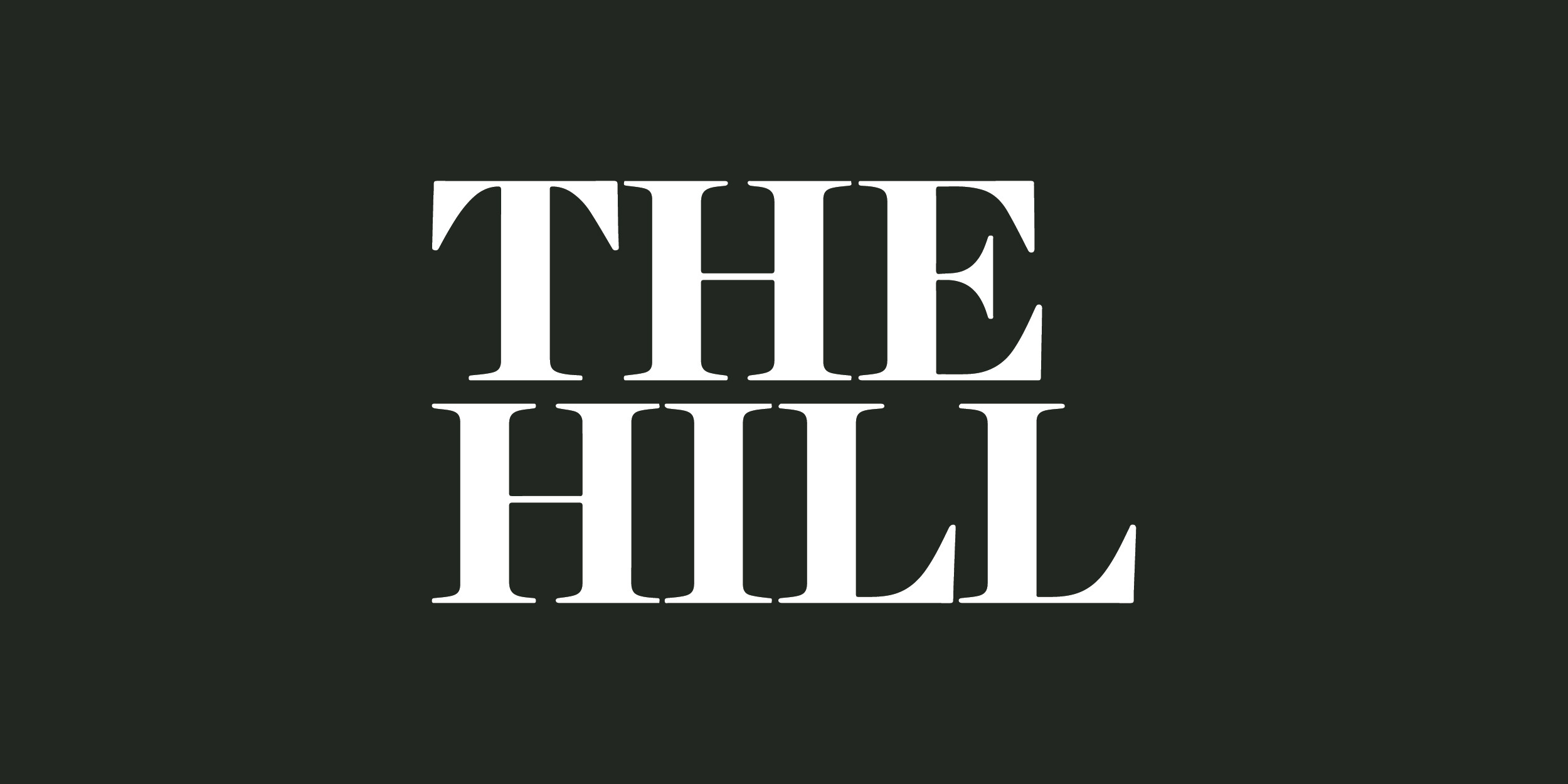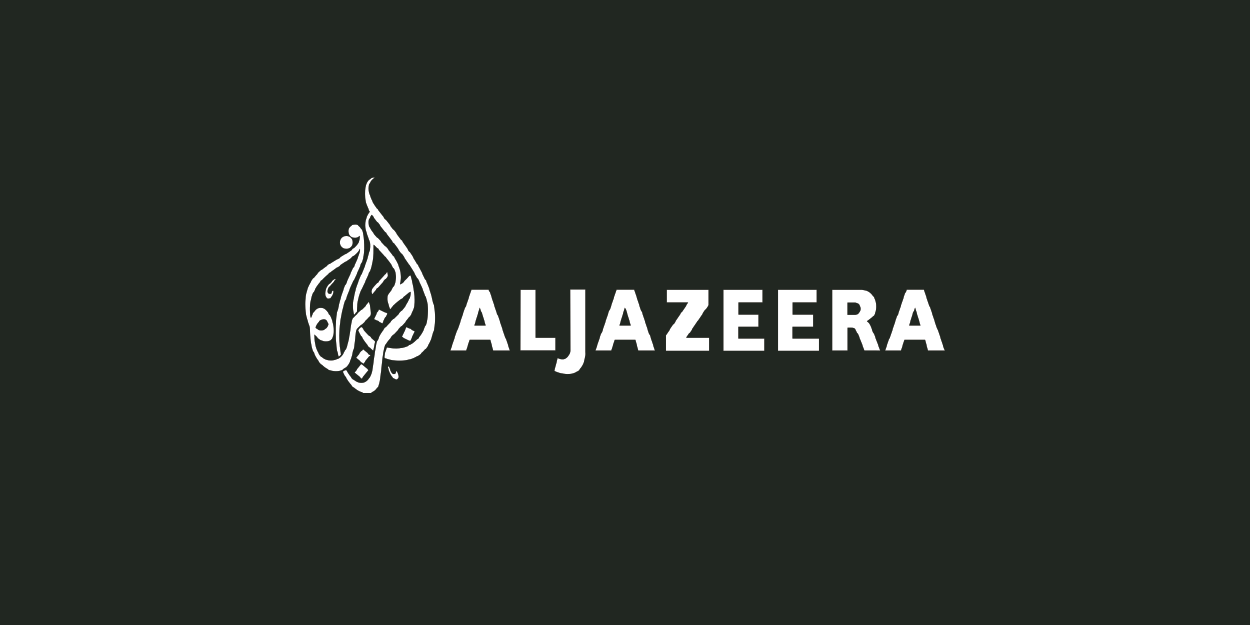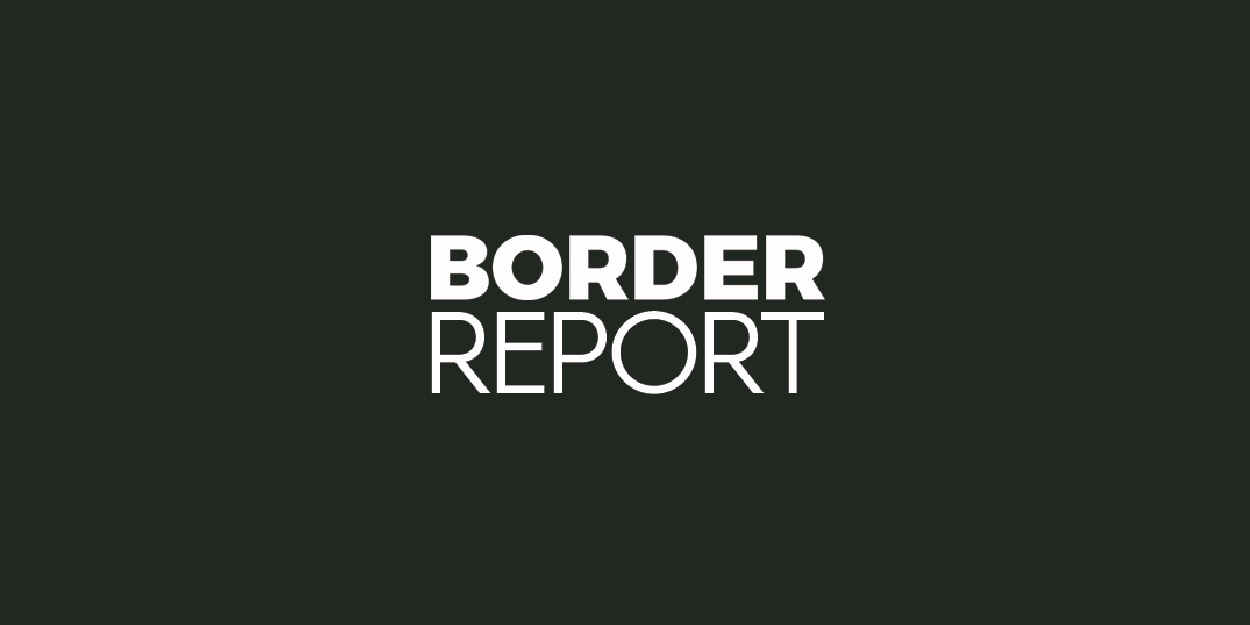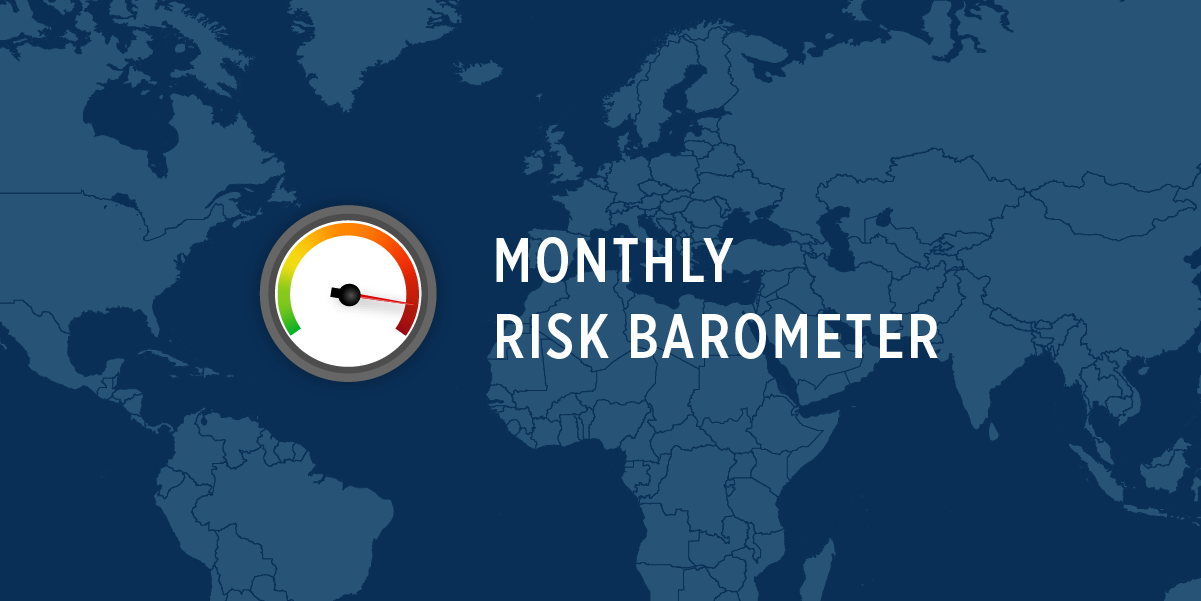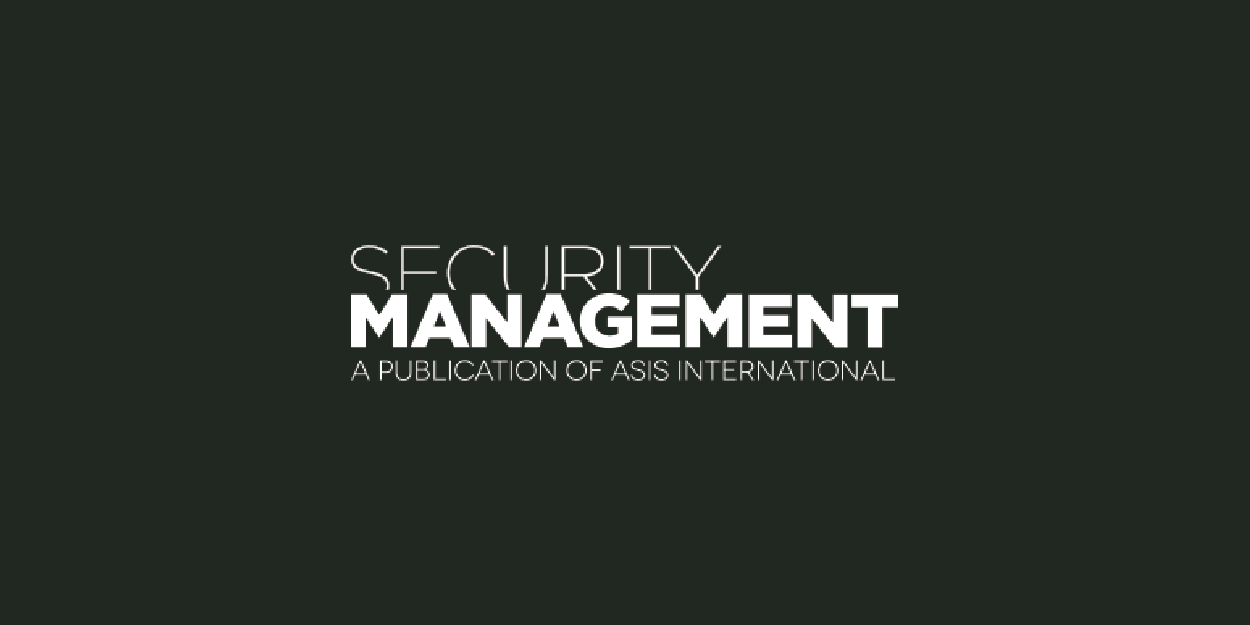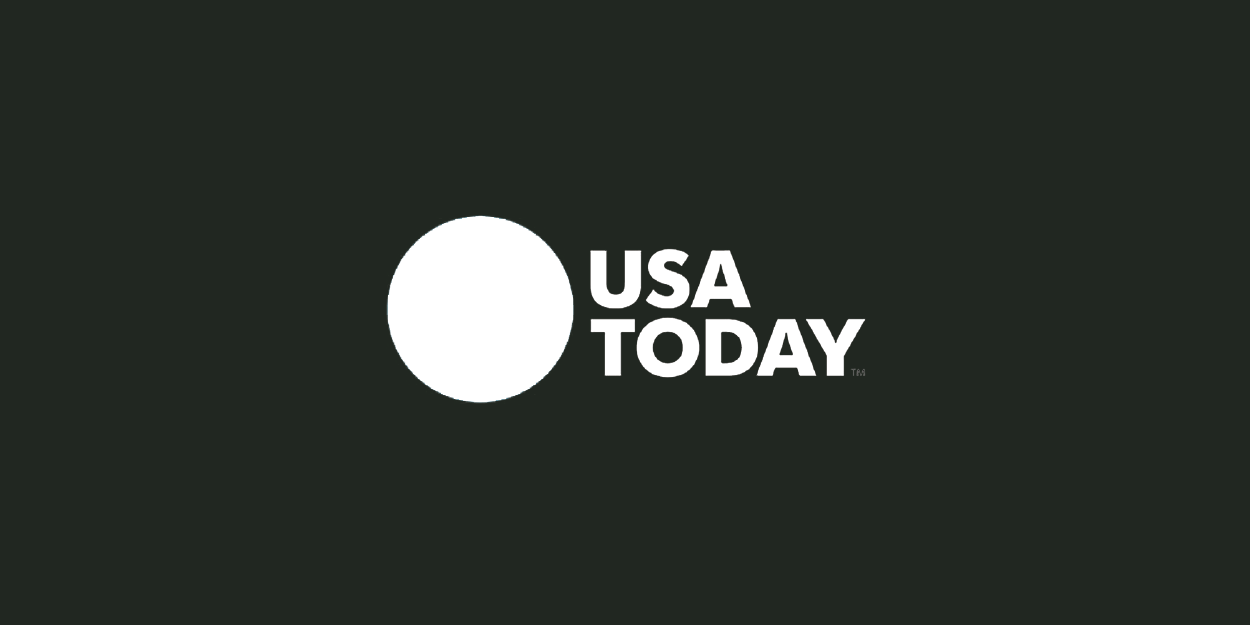In Global Guardian's monthly Risk Barometer, our Intelligence Team highlights current global hotspots with the potential to impact your business operations and travel. Read below for analysis on the threats we are closely monitoring this month and click here to subscribe for regular intelligence updates.
Violence Continues as Parliament Dissolved, PM Hasina Resigns After Weeks of Unrest
On 06 August, Bangladesh President Shahabuddin announced the dissolution of Parliament, allowing for the formation of an interim government with 2006 Nobel Peace Prize winner Muhammed Yunus to serve as leader. After Prime Minister Hasina resigned and fled the country on 05 August, angry mobs ransacked police headquarters in Dhaka, killing several police officers. Graphic images show bodies of policemen hanging from bridges and in beaten piles. Police then announced an indefinite strike, opening the door to more mob violence, vandalism, looting, and destruction. The situation in Bangladesh remains fluid as violence continues nationwide, stemming from student-led anti-quota protests starting in early July.
Current Situation
In addition to Muhammad Yunus leading the interim government, opposition Bangladesh National Party (BNP) leader Khaleda Zia was released. The interim government is also working to have thousands of detained activists released from jail. This will help bring all key voices to the table as the temporary government attempts to restore order and political stability.
In addition to police being targeted, there are reports of Muslim mobs attacking, raping, and killing members of the Hindu minority. The country has a long history of religious violence and there is concern of a larger pogrom targeting Hindus if the interim government cannot take control of the situation. Rail services remain suspended indefinitely. While the internet blockages and curfews were removed or lessened, a heightened security presence remains in place and use of force by police to disperse unauthorized demonstrations is possible.
- Global Guardian recommends against all travel to Bangladesh until the situation stabilizes.
- Leave the country if able.
- Shelter in place as required.
- Avoid all protests and follow local orders around curfews or other restrictions.
Background
Violent protests erupted across Bangladesh in early July, with university students leading the charge against the reinstatement of quotas in government jobs. Initially confined to university campuses, the protests quickly spread to major cities such as Dhaka, Chittagong, Rajshahi, Khulna, and Barisal. These demonstrations then escalated into large-scale marches and sit-ins, blocking key traffic points and resulting in violent clashes between protesters, police, and pro-quota activists. Eventually, the student-led protests morphed into violent, nationwide anti-government protests and riots. The unrest resulted in a nationwide curfew, restrictions on internet use, mass arrests of over 10,000 people, and the use of live ammunition by police, resulting in the deaths of more than 250 people.
Timeline
- 2 July – 05 August: Protests begin and become increasingly violent across Bangladesh. Hundreds of people are killed, thousands arrested.
- 17 July: Authorities implement a 4G mobile internet blackout nationwide.
- 18 July: Authorities suspend broadband internet.
- 19 July: A nationwide curfew was imposed, running from 18:00-07:00 in Dhaka city and surrounding districts, with varying hours in other districts. The curfew included shoot-on-sight orders.
- 21 July: The Supreme Court scraps most of the quotas on government jobs, leading to a gradual return to calm in urban areas.
- 23 July: Authorities restore broadband internet in Dhaka and Chittagong.
- 26 July: Curfew hours are relaxed in Chittagong and Rajshahi, indicating a slight easing of tensions. Police in Dhaka arrest multiple student leaders.
- 29 July: Authorities rescind 4G mobile internet blackout nationwide, but access to social media platforms remains restricted.
- 01 August: Bangladesh government bans Jamaat-e-Islami political party and its student wing as part of crackdown.
- 05 August: Prime Minister Hasina resigns amid pressure from army, flees to India. Interim government is announced, led by Army Chief General Waqar-uz-Zaman.
- 05 August: Protests and clashes continue across Dhaka, Chattogram, and elsewhere. Protesters storm and vandalize police headquarters in Dhaka, killing up to a dozen officers.
- 06 August: Parliament is dissolved, paving way for official formation of interim government. Muhammad Yunus announced as leader of interim government. Activists and political opposition figures are released from detention.
Analysis
The mass unrest and violence seen just over a month after anti-quota protests began shows how quickly action around an issue can spiral out of control, snowballing into nationwide mob violence and proving just how fragile Bangladesh is in its ability to withstand civil unrest.
The government's quota system for civil service posts has been controversial since 1972 when it was first instituted. Critics assert the quota system favors supporters of the ruling Awami Leage party, used to stack public jobs with loyalists, further entrenching their rule. Other factors have contributed to the mass unrest and violence, including the crackdown on student protesters by police, youth unemployment (30 million young people), and general disapproval of the ruling Awami League party. Many Bangladeshis, especially young people, view former Prime Minister Hasina through this lens. Bangladesh has a long history of military rule, including coups. Most recently, the army presided over a caretaker government from 2007-2008 before Parliamentary elections were held.
Looking Forward
The resignation of PM Hasina, dissolution of Parliament, and formation of an interim government led by Nobel Peace Prize winner Muhammad Yunus do not give confidence that law and order will be restored any time soon, especially as the country’s entire police force is on indefinite strike. The military may take over entirely and deploy soldiers nationwide to establish law and order.
There are growing concerns that mob violence will spread and grow, and a military crackdown could further enrage and embolden anti-government protesters in the same way that heavy-handed police tactics garnered sympathy for the student protesters, leading to additional unrest and violence. All of this, combined with the policies enacted by the military in 2007-2008 (large numbers of arbitrary arrests, cases of torture and killing with impunity under state of emergency rules, and restrictions on political and civil liberties), means any military-led government will not be met with the same welcoming attitude as the caretaker government was first met with in 2007.
There is ongoing potential for additional unrest as mobs act with impunity across the country while police officers go on indefinite strike. This is particularly true around key urban areas, including Dhaka, Chittagong, Khulna, and Sylhet. This risk will stay high as long as the government is unable to secure law and order.
Key Takeaways This situation showcases how quickly protest activity over a single issue (quota system) can snowball into a much larger and more destructive scenario involving unrest, riots, killings, and political instability. Grievances unrelated to the original issue can take over the messaging, and in this case even after the quota rule was rolled back, protests and unrest continued. Bangladesh has a history of religious violence and societal stability is fragile in the best of times. Companies and travelers operating in places like Bangladesh need to be aware of this fragility and plan accordingly. |
Post-Election Unrest Escalates
The recent (28 July 2024) presidential election in Venezuela has plunged the country into a state of unrest and political turmoil, with widespread protests and international condemnation following incumbent President Nicolás Maduro's contested victory. Impacted cities include the capital Caracas as well as Maracaibo and San Cristobal. At least 17 people are reported dead across the country due to unrest and clashes with security forces, while the government claims at least 2,000 people have been arrested. While many countries have denounced the results, others such as China, Iran, Cuba, Honduras, Nicaragua, Bolivia, and Russia were quick to recognize Maduro as the winner. Despite the clearly fraudulent results and resulting unrest, it is likely Maduro will remain in power if he continues to enjoy the political and economic support of the aforementioned countries.
Recommendations
- Avoid all travel to Venezuela in the short-to-medium term.
- Expect heightened security and associated disruptions near all electoral and political/government infrastructure.
- Exercise caution around grocery stores, pharmacies, and petrol stations where looting and unrest can erupt without warning.
- Limit outdoor movement in urban areas, especially at night.
- Anticipate possible disruptions to internet access.
- Avoid all demonstrations and protests due to the risk of incidental injury and arrest.
- Avoid loitering near security forces and government infrastructure.
- In case of unrest, shelter in place and only leave when it is safe.
- Monitor local media for situational updates.
- Review evacuation plans in case of widespread violence and register all travel details with local embassies.
Contested Election
Maduro’s declared victory (51.2% to 44%) over opposition candidate Edmundo González Urrutia is widely disputed and believed to be fraudulent. On 01 August, U.S. Secretary of State Blinken announced that the Maduro-controlled National Election Council (CNE) results were “deeply flawed.” Supporting evidence provided by Blinken paints a convincing picture that the results were indeed fraudulent:
- The opposition Democratic Unitary Platform has released over 80% of the voting tally sheets collected directly from polling stations across Venezuela. These tallies show Edmundo González Urrutia winning the election by a significant and unbeatable margin.
- Independent observers have verified these results, which are also supported by exit polls and quick counts conducted on election day.
- In the aftermath of the election, the U.S. engaged in extensive consultations with international partners and allies. While different countries have responded in various ways, none have concluded that Nicolás Maduro received the majority of votes in this election.
International Reactions
The following countries severed or suspended diplomatic ties with Venezuela:
- Panama
- Dominican Republic
- Argentina
- Chile
- Costa Rica
- Peru
- Uruguay
Several of these countries have suspended flights with Venezuela as well. Additionally, the Organization of American States said it would request an arrest warrant for Maduro through the International Criminal Court; however, the group failed to reach the 18-vote threshold to pass a resolution asking the CNE to publish voting data.
Key allies Russia, China, Iran, Bolivia, Honduras, Nicaragua, and Cuba, among others, quickly recognized Maduro as the winner of the election.
Analysis
The Maduro administration has long used its control over public institutions to maintain power, and the lead-up to the July election was no different. The opposition candidate González was selected by the Democratic Unitary Platform (PUD) only after former legislator María Corina Machado was barred from holding office for 15 years for alleged corruption after winning the 2023 primary vote. The primary results were also suspended by the Supreme Court amid allegations of fraud, and other opposition figures, including former governor Henrique Capriles and opposition primary commission member Corina Yoris, were barred from running.
Despite more than a decade of dire economic conditions (GDP shrank 74% from 2014-2020 before recovering slightly) and political instability, the Maduro regime has survived multiple destabilization attempts including a failed 2018 assassination attempt against President Maduro, two uprisings by members of the Bolivarian National Guard in 2019, massive anti-government protests also in 2019, a failed mercenary raid in 2020, and now mass unrest following fraudulent elections. As long as the Maduro regime can afford to keep the army, police, and pro-government militias paid, fed, and in relatively good health, the chances of him exiting office are slim. Political and economic support from Cuba, Russia, Iran, China, and elsewhere are key to maintaining regime stability.
Impact and Outlook
The decade-long crisis and surge in violence has already triggered a mass exodus of some seven million refugees, and the latest round of unrest and violence is likely to trigger more migration. The disputed election results may further exacerbate economic instability and international isolation as the Maduro regime blames foreign interference for fomenting unrest.
Continued nationwide anti-government demonstrations are highly likely. The potential for escalated violence between protesters and security forces remains high. Further international diplomatic and economic measures against Venezuela are expected.
Key Takeaways The Maduro regime is likely to weather this latest round of anti-government unrest in the same way it weathered previous attempts at destabilization — through use of force, control of the media and communications, and with continued economic and political support of international patrons like China, Russia, Cuba, Nicaragua, Bolivia, and others. |

